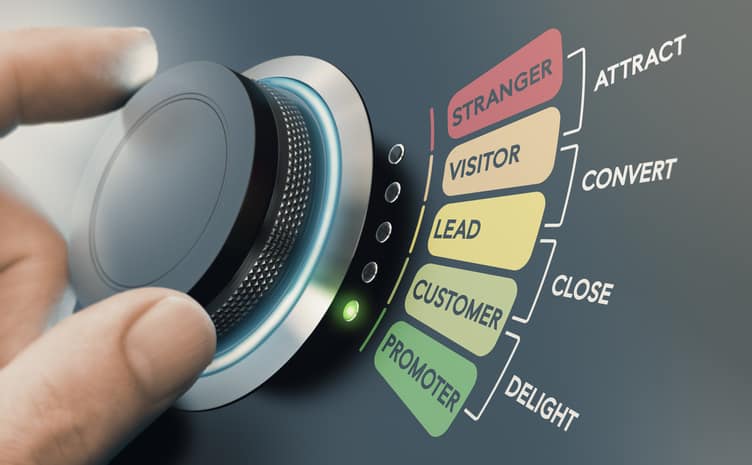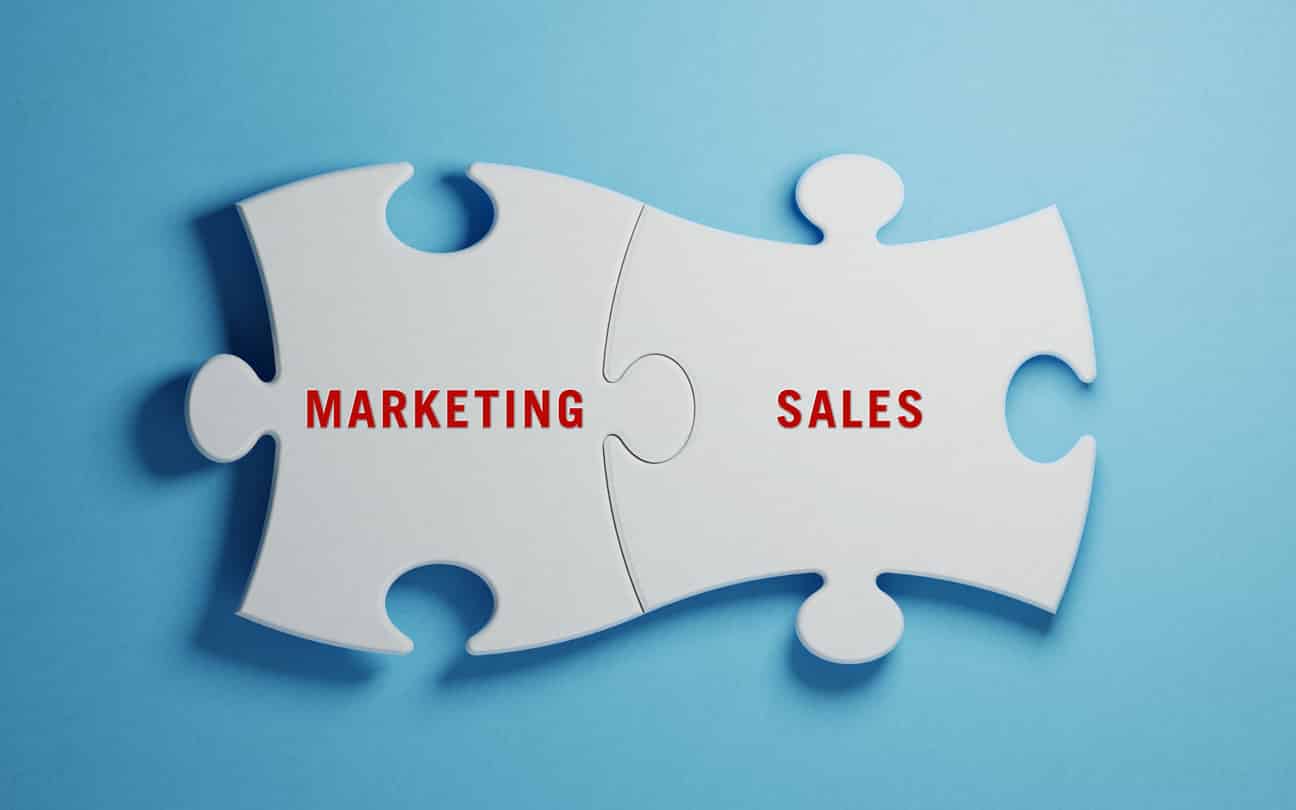- Sales vs Marketing
- What is the difference between Sales and Marketing?
- Sales vs. Marketing Detailed Comparison Chart
- Marketing vs. Sales Process
- Sales vs. Marketing Goals
- Sales vs. Marketing Strategies
- Marketing vs. Sales Prospects
- Concluding thoughts
Sales and Marketing
There is an ocean of differences between sales and marketing, and understanding their own significance can help you maximize the product outcomes. Although these two share a common goal of increasing profits and revenue, they have different processes and functions. Check out the free Sales and Marketing Course to enhance your knowledge of the same with case studies.

What is the difference between Sales and Marketing?
Simply put, marketing is building awareness about your brand and products to attract customers, while sales are converting these potential customers into prospective buyers. Let us dive deeper into understanding the key differences between the two attributes.
Upskilling Alert on Sales front: Advanced Certificate Program in Sales
Sales vs. Marketing Detailed Comparison Chart
| Factors | Marketing | Sales |
| Approach | Needs to attract a larger audience and make them aware of the service & products of the brand. | Convert the leads into customers by pitching the services and products to align with their needs. |
| Process | Analyzing the market and pricing strategies and creating attractive campaigns. | One-to-one approach. |
| Focus | Promotion and brand awareness | Fulfill the sales targets |
| Strategy | Pull | Push |
| Priority | Building a good audience base | Selling as much as possible |
| Orientation | Product Oriented | Product Oriented |
| Duration | Long-term | Short-term |
| Target | A large base | Individual or small crowd |
| Endpoint | Customer awareness and audience attraction | Selling of a product |
The core attributes considered to differentiate sales and marketing are
- Process
- Goals
- Strategies
- Prospects
Marketing vs. Sales Process
Marketing Process:
- The marketing process primarily focuses on making the products reach a wider audience.
- Organizations leverage this function to explain the value of their products and services and how it can be the perfect investment.
- The marketing team must also determine the target audience interested in the specific services and products.
Sales Process:
- The sales team is an entity that focuses on converting the leads from marketing campaigns to customers.
- This action requires creating a sales plan that outlines the organization’s resources, tools, actions, and goals.
- The sales team directly interacts with customers through various mediums providing a deeper understanding of the products and services.
Sales vs. Marketing Goals
| S.No | Marketing Goals | Sales Goals |
| 1. | Promoting company/brand/products with clear communication | Goals are based on Volume and Targets |
| 2. | Focus is on the long term and the bigger picture | Focus is on the short term and is based on month or financial quarter |
| 3. | Reach the widest audience possible and generate potential leads | Determine how much to sell to generate enough profit |
Sales vs. Marketing Strategies
- A marketing strategy can be designed after gaining proper information about the targeted audience and what they prefer. A sales strategy requires connecting with potential customers and converting them into business.
- Once the marketing team figures out their target audience, they can run campaigns and try out different strategies to attract the audience. Whereas, in sales, the salesperson contacts the potential customer, and based on the requirement pitches, in the product and services.
| Most popular Marketing Strategies | Most Popular Sales Strategies |
| Social Media Marketing Blog Marketing Internet Marketing Search Engine Optimization Video Marketing Print Marketing | Solution Selling SPIN Selling N.E.A.T Selling SNAP Selling Customer-centric Selling Inbound Selling The Challenger Scale |
sales vs marketing Prospects
The prospect for marketing is much larger than sales due to the fact that the marketing team has to determine the target audience and create brand awareness to attract new leads. Whereas for sales, the sales team has to capitalize on the existing leads and convert them into clients. They both use a CRM to track leads and sales process. Sales team can additionally use a sales commission software to track commissions.

Concluding thoughts
Sales and marketing are two different entities as a whole, and understanding the differences between them can help you plan your career accordingly. Although they are different, both have to go hand-in-glove to give the business its much-required push in the longer run. You can also take up online course and gain free marketing certificates.
What if I want to pursue a career in Sales?
If you have an idea of pursuing sales as a career option, I have a goal-oriented program for you that can help you gain end-to-end expertise related to sales- Advanced Certificate Program in Sales. The program is designed for freshers and working professionals who want to accelerate their sales career.
What if I want to pursue a career in Marketing?
We have something for our management aspirants as well. The 12-month Executive PG Program in Management provides the learners with comprehensive skills and knowledge to pursue a career in the management domain. It follows an online delivery model and is apt for professionals who want a flexible and convenient learning schedule.








